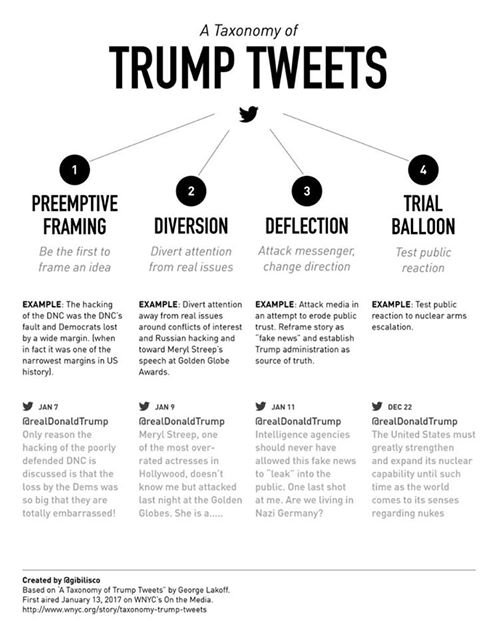This morning’s Observer column:
In front of me as I write this is a photograph. It’s an interior shot of one of the buildings on Facebook’s campus in California. It looks as big as an aircraft hangar, except that it has steel pillars at regular intervals. The pillars are labelled to enable people to find their desks. It’s all open-plan: nobody in this building – not even the founder of the company, Mark Zuckerberg – has a private office. And as far as the eye can see are desks with large-screen iMacs and Aeron desk chairs.
The people working at these desks are the folks who write, curate, design and maintain the algorithms that determine what appears in your Facebook newsfeed. I’ve been looking at the picture until my eyes begin to pixelate. What I’ve been trying to determine is how many women there are. I can see only three. So I ask a colleague who has better eyesight. She finds another two. And that’s it: as far as the eye can see, there are only five women in this picture.
Welcome to Silicon Valley, where most of the digital technology that currently dominates our lives is created…
And while we’re on the subject…
Recode has recently obtained a copy of an email that Uber’s CEO, Travis Kalanick, sent to all his staff before a staff outing in Miami in 2013.
The subject line read: “URGENT, URGENT – READ THIS NOW OR ELSE!!!!!,” he also noted at the top: “You better read this or I’ll kick your ass.”
Here’s the gist (from Recode):
Among the dos that Kalanick advised: “Have a great fucking time. This is a celebration! We’ve all earned it.” He also noted that “Miami’s transportation sucks ass,” the first shot in what became a battle to have Uber serve that city.
That was the tame part of the email, which Kalanick actually sent again the next year when there were 1,800 employees at Uber.
The don’ts advice was much more specific, giving information about everything from vomiting (a $200 “puke charge”) to drug use to throwing beer kegs off buildings to, well, proper fornication between employees (and sometimes, apparently, more than one).
Wrote Kalanick: “Do not have sex with another employee UNLESS a) you have asked that person for that privilege and they have responded with an emphatic ‘YES! I will have sex with you’ AND b) the two (or more) of you do not work in the same chain of command. Yes, that means that Travis will be celibate on this trip. #CEOLife #FML.”
FML, in internet slang, means “Fuck my life.” Welcome to Silicon Valley startup culture.
Enough said? If you were a woman, would you want to work in this frat-house culture?


